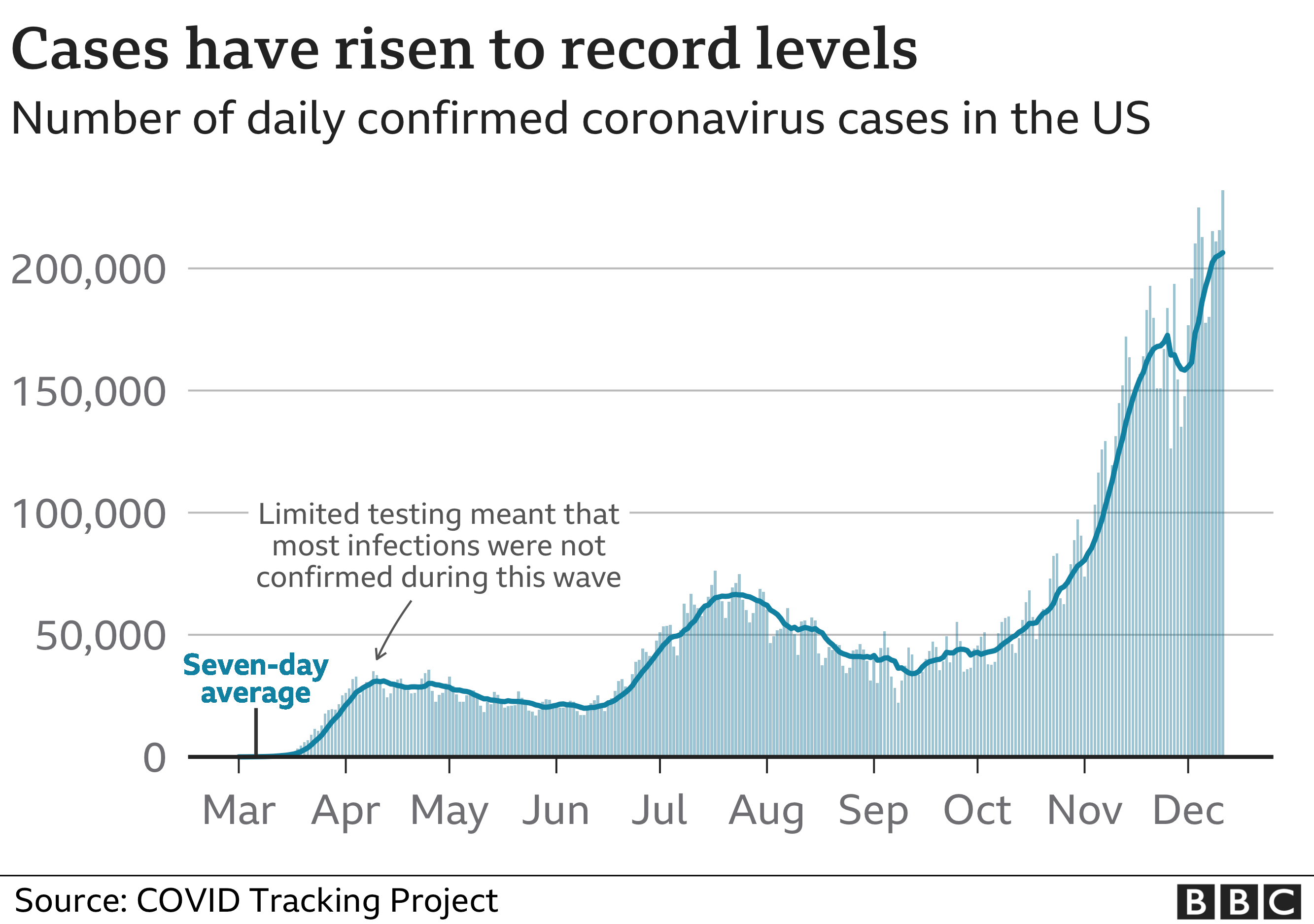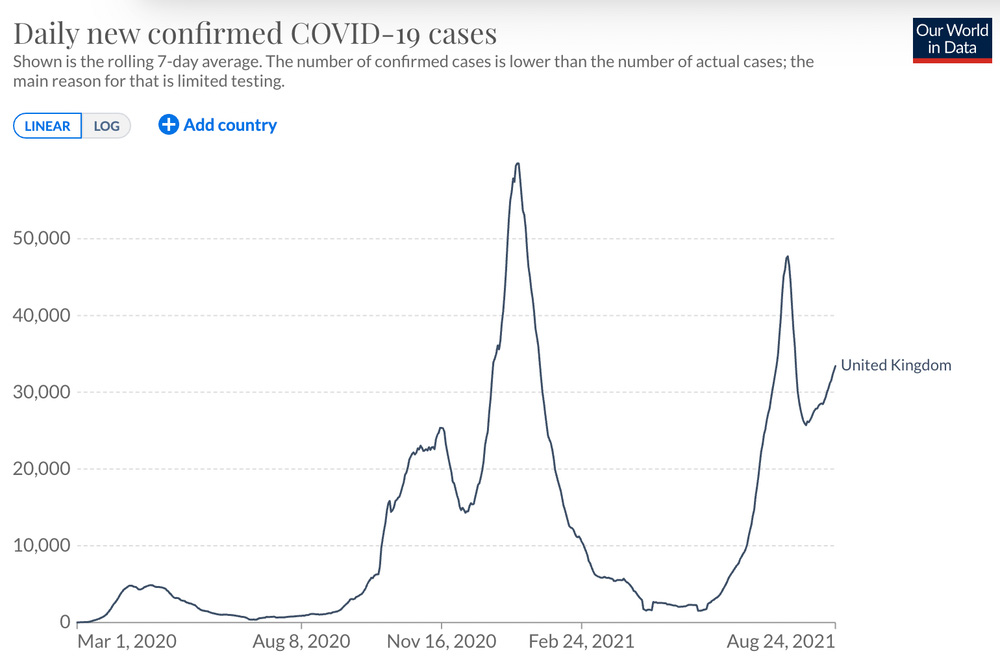Impact of COVID-19 Surges: Covid Surge

COVID-19 surges have had a significant impact on global health, economies, and societies. These surges have led to an increase in hospitalizations and deaths, disrupted supply chains, and caused economic downturns. This section will explore the various consequences of COVID-19 surges in detail.
Health Impacts of COVID-19 Surges
COVID-19 surges have overwhelmed healthcare systems worldwide, leading to a sharp increase in hospitalizations and deaths. The virus’s contagious nature and the emergence of new variants have contributed to the rapid spread of infections.
- During surges, hospitals often face a shortage of beds, medical staff, and essential supplies, leading to delays in treatment and a higher risk of mortality.
- The long-term health consequences of COVID-19 infection, such as long COVID, can significantly impact individuals’ quality of life and healthcare costs.
- Vulnerable populations, including the elderly, individuals with underlying health conditions, and those living in overcrowded areas, are disproportionately affected by COVID-19 surges, experiencing higher rates of hospitalization and death.
Economic Consequences of COVID-19 Surges, Covid surge
COVID-19 surges have had a devastating impact on global economies, leading to business closures, job losses, and disruptions in supply chains. The fear of infection and government-imposed restrictions have significantly affected consumer spending and economic activity.
- Businesses across various sectors, including tourism, hospitality, and retail, have faced severe financial losses due to lockdowns and reduced consumer demand.
- COVID-19 surges have disrupted global supply chains, leading to shortages of essential goods and increased prices. This has further impacted businesses and consumers alike.
- The pandemic has resulted in significant job losses and increased unemployment rates worldwide. Many workers have been laid off or furloughed, leading to a decline in household income and economic instability.
Economic and Social Impact of COVID-19 Surges Across Regions
| Region | GDP Growth (%) | Unemployment Rate (%) | Social Unrest |
|---|---|---|---|
| North America | -4.3 | 14.7 | Increased protests and civil unrest |
| Europe | -6.5 | 10.2 | Rise in social tensions and political polarization |
| Asia | -1.9 | 6.8 | Increased social inequality and poverty |
| Africa | -2.1 | 9.5 | Heightened political instability and conflict |
Strategies for Managing COVID-19 Surges

Managing COVID-19 surges requires a multi-faceted approach that combines public health measures, effective surge response strategies, and community preparedness. This section will explore various strategies for mitigating the impact of COVID-19 surges and minimizing their effects on individuals and communities.
The Role of Public Health Measures
Public health measures play a crucial role in controlling the spread of COVID-19 and managing surges. These measures aim to reduce transmission rates, protect vulnerable populations, and ease the burden on healthcare systems.
Vaccination Campaigns
Vaccination campaigns are a cornerstone of COVID-19 surge management. Vaccines significantly reduce the risk of severe illness, hospitalization, and death from COVID-19. High vaccination rates in a population provide herd immunity, protecting those who cannot be vaccinated due to medical reasons or age.
Testing and Contact Tracing
Testing and contact tracing are essential for identifying infected individuals and preventing further spread. Regular testing helps detect asymptomatic cases, while contact tracing helps identify and isolate individuals who may have been exposed to the virus.
Social Distancing and Mask Mandates
Social distancing and mask mandates are non-pharmaceutical interventions that have proven effective in reducing transmission rates. Maintaining physical distance and wearing masks in public settings limit the spread of respiratory droplets that carry the virus.
Effectiveness of Surge Response Strategies
Different countries and regions have implemented various strategies to manage COVID-19 surges. These approaches have varied in their effectiveness, highlighting the need for tailored strategies based on local circumstances.
Comparison of Approaches
- Some countries, like South Korea, have adopted a comprehensive approach that combines widespread testing, contact tracing, and isolation measures with strict quarantine protocols. This strategy has been successful in containing outbreaks and minimizing the impact of surges.
- Other countries, such as the United Kingdom, have relied more heavily on lockdowns and restrictions on social gatherings. While these measures have helped to slow the spread of the virus, they have also had significant economic and social consequences.
Best Practices for Managing Surges
- Early detection and rapid response are crucial for managing surges. Implementing robust surveillance systems and increasing testing capacity can help identify outbreaks quickly.
- Targeted interventions, such as isolating infected individuals and their close contacts, can effectively limit the spread of the virus.
- Maintaining a strong public health infrastructure, including adequate healthcare capacity, is essential for managing surges. This includes ensuring sufficient hospital beds, medical supplies, and healthcare professionals.
- Effective communication and public engagement are vital for building trust and promoting adherence to public health measures. Clear and consistent messaging can help reduce misinformation and encourage responsible behavior.
Preparing for and Managing COVID-19 Surges
Individuals and communities can take proactive steps to prepare for and manage COVID-19 surges. These measures can help minimize the impact of outbreaks and protect individual and community health.
Staying Safe and Healthy
- Get vaccinated and boosted against COVID-19. Vaccines are the most effective way to protect yourself from severe illness, hospitalization, and death.
- Practice good hygiene, including frequent handwashing, covering coughs and sneezes, and avoiding close contact with sick individuals.
- Stay informed about the latest public health guidance and recommendations.
- Maintain a healthy lifestyle, including regular exercise, a balanced diet, and adequate sleep.
Accessing Healthcare Services
- Know where to find reliable information about COVID-19, including testing locations, vaccination sites, and healthcare services.
- Have a plan for accessing healthcare services if you become sick, including identifying a primary care provider or telehealth options.
- Be aware of the symptoms of COVID-19 and seek medical attention promptly if you experience any concerning symptoms.
The COVID surge has undoubtedly impacted the world of sports, but it hasn’t stopped athletes from training hard for their big moments. Take the climbing olympics 2024 athletes , for example. These individuals are pushing their limits in preparation for the games, showcasing the resilience and determination of athletes even in the face of adversity.
As we navigate this pandemic, it’s inspiring to see the unwavering dedication of these athletes, reminding us that even in challenging times, the pursuit of greatness continues.
The COVID surge has highlighted the importance of staying healthy and boosting our immune systems. A great way to do this is by incorporating delicious and nutritious spices from your local Indian store near me. These stores are treasure troves of flavorful ingredients that can add a punch of flavor and health benefits to your meals, helping you stay strong and resilient during these challenging times.